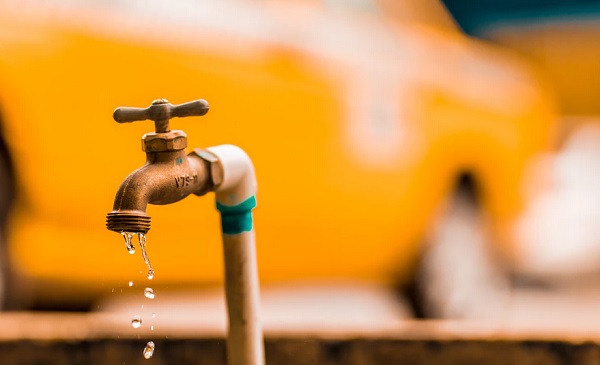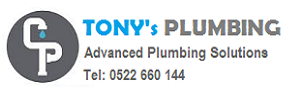Last Updated on January 3, 2022
What are you doing to save water? Ten easy to implement water saving tips for the Israeli household.
Hebrew: עצות שימושיות לחיסכון במים
By: Tony’s Plumbing

Hopefully this winter will good rains and the water level of the Kinneret will remain above the upper red line. Even if rain is plentiful, it’s important to create water consumption awareness and save water wherever we can.
Israel’s water shortage is not new and one of the results of this has been the invention of water saving systems now in use all over the world – drip irrigation is just one example.
Join us, let’s all do our bit to save every precious drop. Let’s teach our children good water saving habits. A few minor changes can save huge quantities of water and cut your water bill too.
- Tips for calling a repairman in Israel
- Hebrew English translations of your household utility bills
- Dialing 106 from anywhere in Israel connects you with your local municipality or regional council

10 easy solutions
- Don’t keep taps open and running unnecessarily; close the tap while soaping the dishes and then run the water for rinsing. Turn the water off while you soap yourself in the shower or while brushing your teeth. You’ll be surprised at how much water you will save by closing taps this way. It’s estimated that every time you wash the dishes with the water running you use 50 liters of water. In comparison a dishwasher use 16 liters only.
- It’s tempting to turn the dishwasher on at the end of the day even if it is not completely full. Only run a cycle when the dishwasher if full and use the economy cycle wherever possible.
- The same goes for the washing machine – run a cycle only when the machine is full.
- Install a double flush system on your toilet; full-flush and half-flush. Older toilets that are not fitted with a double flush, use 9 liters of water every time. Newer toilets are designed to use 6 liters per flush or 3 liters when the half-flush is used. A family of four can save as much as 100 liters per day just by using the half-flush.
- Check toilets for leaks. Slow leaks may not seem like a big deal but they still cause plenty of wastage. Places to check: the base of the toilet, the main outlet pipe and the water cistern. Do your bit and get them fixed as soon as possible.
- Check the plumbing in your home (and garden). Close all the taps and then check your water meter – if there is a water leak, your water meter will continue to spin.
- Check the taps under the bathroom basin and under the kitchen sink. You probably don’t realize how much water gets wasted by leaking taps. Place a bucket under a leaking tap for just one day and see how much water collects. If you have a leak, call a plumber straight away and let him attend to it.
- Install a water saving device on your taps (Heb: chascham – חסכם). This reduces the flow of water from your taps and you won’t even notice the difference. Buy these at your local hardware store for a few shekels.
- Washing your car with a garden hose wastes water – fill a bucket with water and use that instead.
- Collect the water from your air-conditioner. Use this to water your household plants and in the garden.
Remember if you are installing new taps consider purchasing a tap that has a water sensor and switches on/off automatically.
If you are purchasing a new washing machine or dishwasher look for water saving and energy efficient models.
Did you know?
- Did you know that the term ‘grey water’ refers to the relatively clean waste water from baths, sinks, washing machines, and other kitchen appliances.
- The term ‘black water’ refers to waste water from toilets.
- The term ‘brown water’ refers to water that contains iron sediments.
- The term ‘white water’ refers to water that appears white or milky usually the result of air bubbles suspended in the water.


